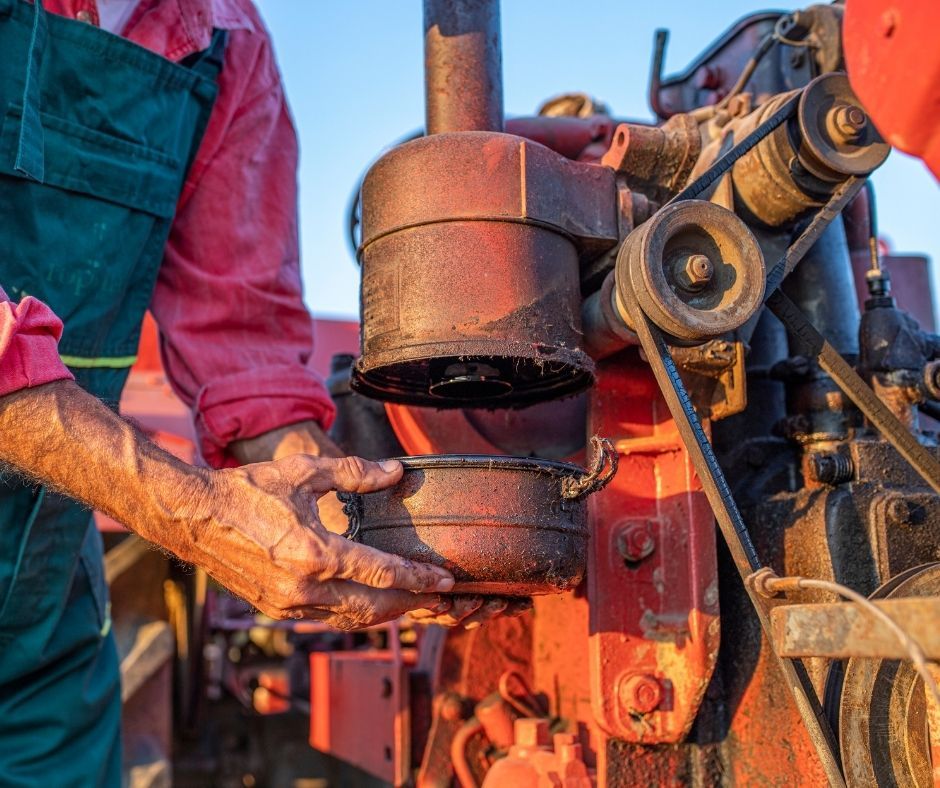As a farmer, your agricultural machinery is crucial to your success. To ensure that your equipment lasts for years to come, it is essential to maintain it properly. In this article, we will discuss the best practices for maintaining your agricultural machinery to maximize its longevity.
Regular Inspections
One of the most important steps in maintaining your agricultural machinery is to conduct regular inspections. By inspecting your equipment regularly, you can identify any potential issues before they become major problems. Check for loose or damaged parts, leaks, and any signs of wear and tear. Addressing these issues promptly can prevent costly repairs down the line.
Keep It Clean
Keeping your agricultural machinery clean is another crucial aspect of maintenance. Dirt and debris can build up on your equipment, causing damage and reducing its efficiency. Regularly wash your machinery with water and mild detergent, paying special attention to areas prone to buildup. This simple step can help prevent corrosion and prolong the life of your equipment.
Grease and Lubricate
Proper lubrication is essential for the smooth operation of your agricultural machinery. Make sure to grease all moving parts regularly to reduce friction and wear. Refer to the manufacturer’s guidelines for the appropriate lubricants to use on each part of your equipment. Failure to lubricate properly can lead to premature failure of components and costly repairs.
Store Your Machinery Properly
When your agricultural machinery is not in use, it is important to store it properly to protect it from the elements. Store your equipment in a clean, dry, and well-ventilated area to prevent rust and corrosion. Cover your machinery with a tarp or store it in a shed to shield it from the sun, rain, and snow. Proper storage can significantly extend the life of your agricultural machinery.
Follow Maintenance Schedules
Most agricultural machinery comes with a maintenance schedule provided by the manufacturer. It is crucial to follow these schedules to ensure that your equipment remains in peak operating condition. Regular maintenance tasks may include oil changes, filter replacements, belt inspections, and more. By following these schedules, you can catch potential problems early and prevent breakdowns in the field.
Replace Worn Parts
Over time, parts of your agricultural machinery will wear out and need to be replaced. Keep an eye on the condition of your equipment and replace any worn or damaged parts promptly. Ignoring worn parts can lead to more significant issues and costly repairs in the future. Regularly inspect and replace parts such as belts, filters, and hoses to keep your equipment running smoothly.
Conclusion
Maintaining your agricultural machinery is essential for maximizing its longevity and ensuring its reliable performance. By following the tips outlined in this article, you can protect your equipment investment and avoid costly repairs. Conducting regular inspections, keeping your machinery clean, greasing and lubricating, proper storage, following maintenance schedules, and replacing worn parts are all essential steps in maintaining your agricultural machinery. By taking care of your equipment, you can enjoy years of trouble-free operation on your farm.
